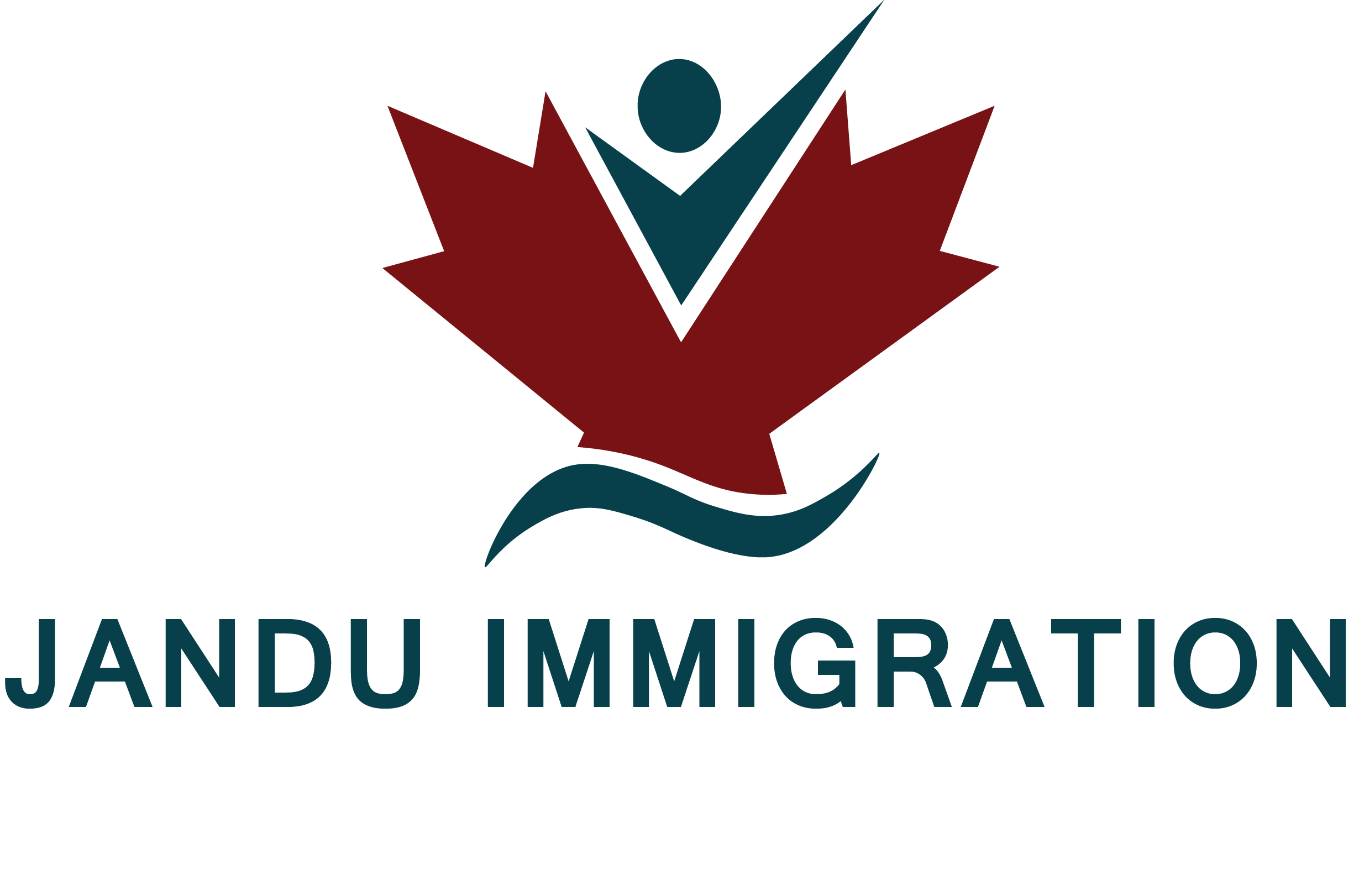
The study permit is a document which gets issued that allows foreign nationals to study at designated learning institutions (DLI) in Canada. Most foreign nationals need a study permit to study in Canada. Make sure you have all the documents you need before you apply. You should apply before you travel to Canada. Your study permit is not a visa. It doesn’t let you enter Canada. You may also need a visitor visa or an electronic travel authorization (eTA). If you get your study permit approved, IRCC will issue one to you with your study permit.


Depending on where you live, you may be able to get your study permit faster through the Student Direct Stream (SDS). IRCC tries to process most SDS applications within 20 calendar days. However, some applications may take longer. To get faster processing, you must give your biometrics as soon as possible meet all the eligibility requirements A study permit is not a visa and does not, by itself, allow you to travel to or enter Canada. You may also need a visitor visa or an electronic travel authorization (eTA). If you do, IRCC will issue your visitor visa or eTA with your study permit.
An open work permit can be issued to a foreign national only under one of the Labour Market Impact Assessment (LMIA) exemptions.
A foreign national may apply for an open work permit outside Canada, at a port of entry or after arrival to Canada, as per program requirements.

An employer-specific or Closed work permit allows you to work according to the conditions on your work permit, which include:

A Labour Market Impact Assessment (LMIA) is a document that an employer in Canada may need to get before hiring a foreign worker.
A positive LMIA will show that there is a need for a foreign worker to fill the job. It will also show that no Canadian worker or permanent resident is available to do the job. A positive LMIA is sometimes called a confirmation letter.
If the employer needs an LMIA, they must apply for one.
Once an employer gets the LMIA, the worker can apply for a work permit.
To apply for a work permit, a worker needs


IRCC chooses skilled workers based on their skills and ability to contribute to Canada’s economy.
Express Entry manages applications for three economic immigration programs:

Your relatives can live, study and work in Canada if they become permanent residents of Canada. You can sponsor
certain relatives to come to Canada if you’re at least 18 years old and a:

This program is for workers who:
A visitor visa (also called a temporary resident visa) is an official document that IRCC stick in your passport.
It shows that you meet the requirements needed to enter Canada.
Most travellers need a visitor visa to travel to Canada. You may also need one if you’re transiting through a
Canadian airport on your way to your final destination.
You can apply for a visitor visa online or on paper.
